The Associated Press (AP) has filed a lawsuit against senior aides of former President Donald Trump, alleging that the White House’s decision to restrict AP’s access to presidential events violated the First Amendment. The lawsuit arises from a controversy over the Trump administration’s executive order attempting to rename the “Gulf of Mexico” as the “Gulf of America.”
Background of the Naming Dispute
In January 2025, former President Trump issued Executive Order 14172, mandating that all federal agencies refer to the Gulf of Mexico as the Gulf of America in official documents and communications. The order was part of a broader initiative aimed at promoting nationalist themes and asserting greater American influence over geographical names.
Despite this directive, the Associated Press continued to use the traditional name, Gulf of Mexico, in its reporting. While the AP acknowledged the new designation in its coverage, it refused to adopt the term exclusively. This decision ultimately led to a confrontation with the White House.
White House Retaliation Against the AP
Following AP’s refusal to comply with the executive order, the Trump White House reportedly barred AP journalists from covering key presidential events, including briefings, official ceremonies, and travel aboard Air Force One. The White House Press Office justified the restrictions, claiming that AP’s continued use of “Gulf of Mexico” amounted to misinformation and defiance of a federal directive.
Deputy Chief of Staff Taylor Budowich defended the administration’s actions, stating that the AP’s refusal to align with the executive order undermined the White House’s messaging efforts.
AP’s Legal Argument
In response to these restrictions, the Associated Press filed a lawsuit in the U.S. District Court for the District of Columbia, arguing that the White House’s actions were a form of retaliation against the news agency for its editorial decisions. The AP claims that:
- The ban on attending White House events was unconstitutional, violating the First Amendment rights of journalists.
- The press must remain free from government interference, regardless of policy disagreements.
- The White House cannot withhold access as a means of controlling news coverage.
The lawsuit seeks to restore AP’s full access to presidential events and to prevent future administrations from using access restrictions as a tool of political retaliation.
Press Freedom Concerns
The legal battle has raised significant concerns among press freedom advocates. Several major media organizations, including the White House Correspondents’ Association and the Reporters Committee for Freedom of the Press, have publicly supported the AP’s lawsuit, warning that this case could set a dangerous precedent for press access under future administrations.
If the court sides with the White House, critics argue that it could embolden future presidents to punish media outlets that refuse to follow government narratives. A ruling in favor of the AP, on the other hand, would reinforce the principle that government officials cannot control media coverage by selectively granting or denying access.
Reaction from the Journalism Community
Prominent journalists and media organizations have condemned the Trump administration’s handling of the issue.
- Reuters, The New York Times, and The National Press Club have issued statements emphasizing the importance of independent journalism.
- The Committee to Protect Journalists described the White House’s actions as a clear attempt to intimidate the press.
- Major networks such as CNN, ABC, and NBC have defended AP’s stance, arguing that objective reporting should not be subject to government-imposed restrictions.
White House Defense and Legal Counterarguments
Despite the backlash, former Trump aides continue to defend the administration’s actions. The White House’s legal team has made the following counterarguments:
- The AP’s refusal to adopt the new terminology undermined the administration’s broader policy objectives.
- Restricting AP’s access was a legitimate response to what they called “biased coverage.”
- Presidents have discretion over which media outlets are granted exclusive access.
However, legal experts argue that press access cannot be revoked as a form of punishment for independent reporting.
Potential Consequences of the Lawsuit
The outcome of this lawsuit could have far-reaching implications for press freedom and the relationship between the government and the media.
- If the court rules in favor of the AP, it would reaffirm that the government cannot control media narratives through access restrictions.
- If the court rules in favor of Trump aides, it could weaken protections for journalists, potentially allowing future administrations to limit press access based on compliance with government messaging.
This case could become a landmark decision in defining the boundaries of government influence over media coverage in the United States.
Conclusion
The AP’s lawsuit against former Trump aides highlights a critical conflict between government authority and press freedom. As the legal battle unfolds, it will test the limits of journalistic independence and determine whether the White House has the power to control media narratives through access restrictions. This case may ultimately serve as a precedent for how future administrations handle media relationships in a democracy that prides itself on the freedom of the press.
Disclaimer – Our editorial team has thoroughly fact-checked this article to ensure its accuracy and eliminate any potential misinformation. We are dedicated to upholding the highest standards of integrity in our content.

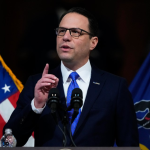





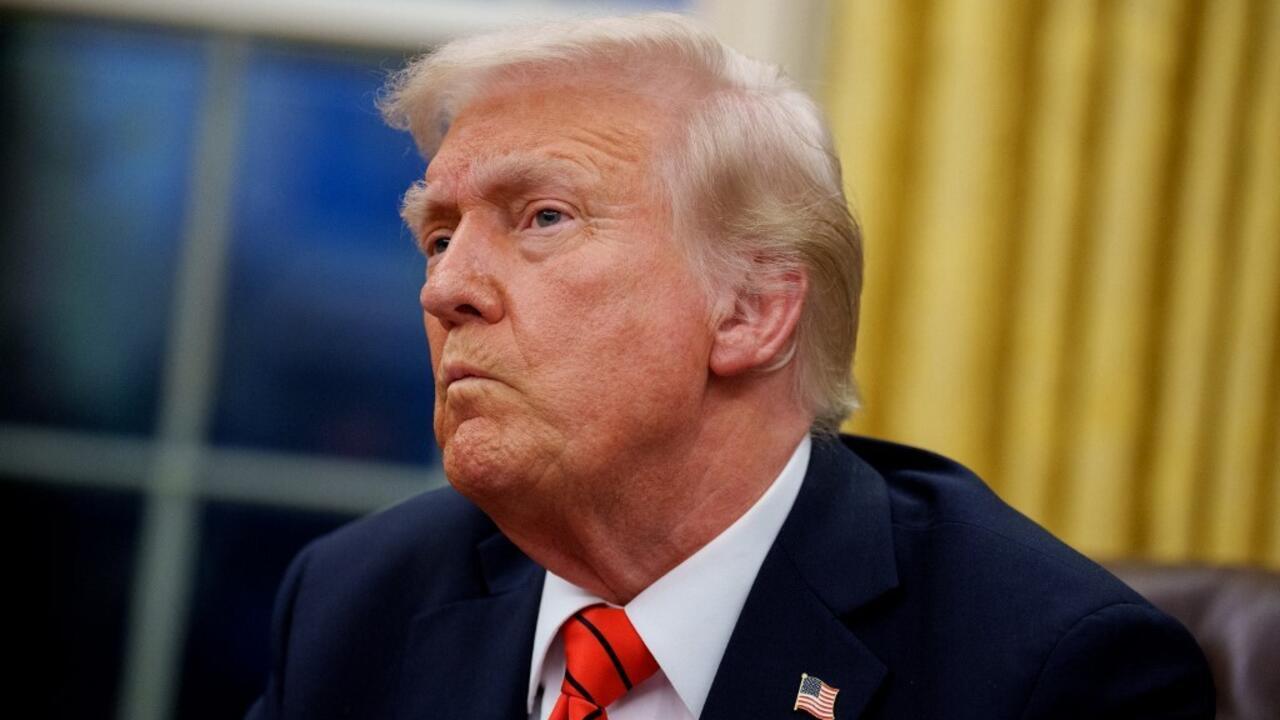
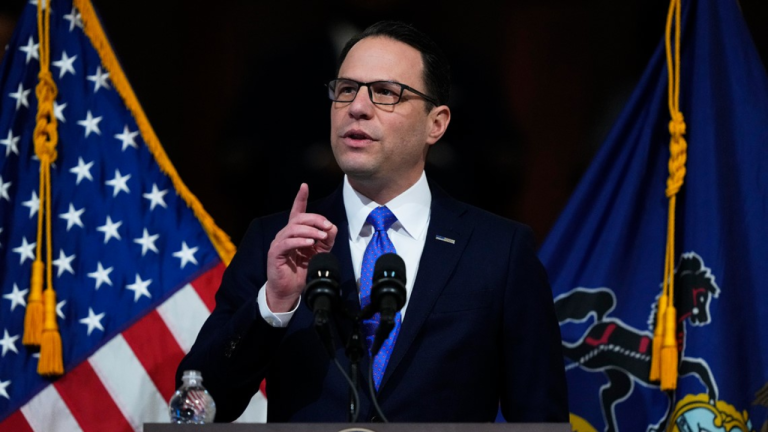
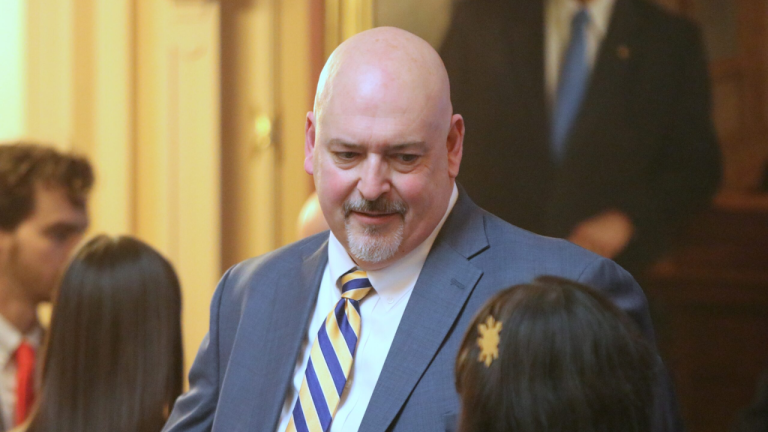
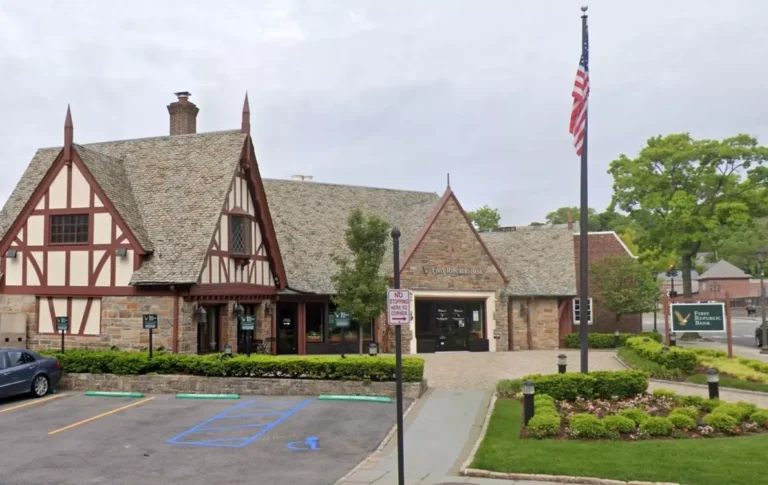


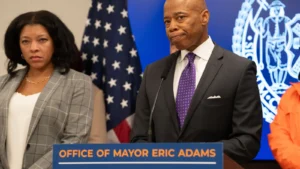



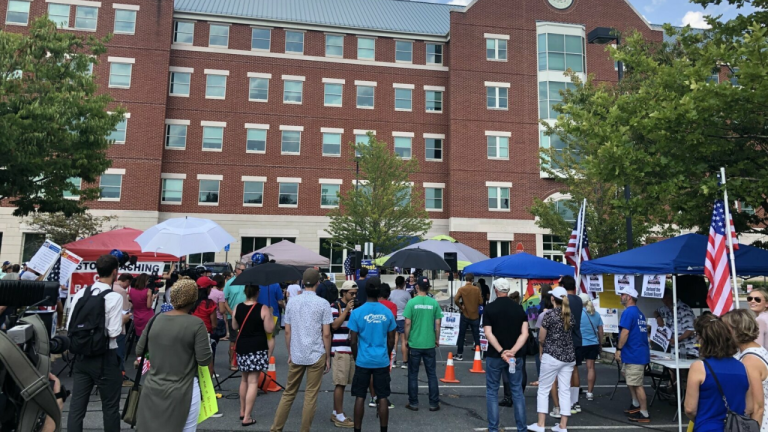





+ There are no comments
Add yours